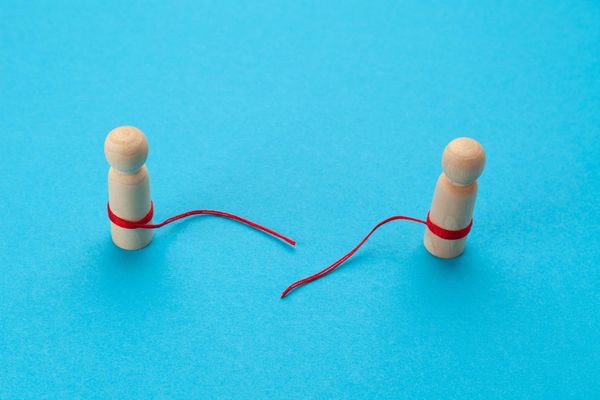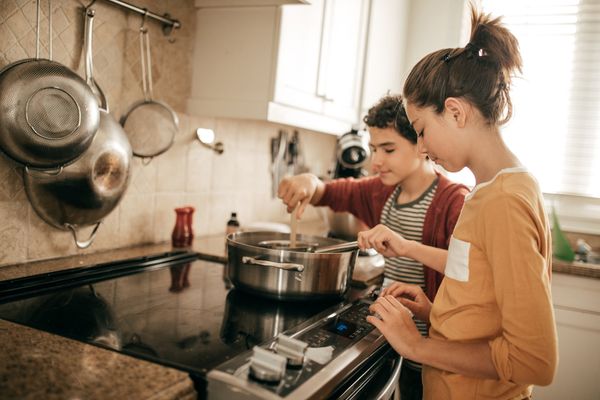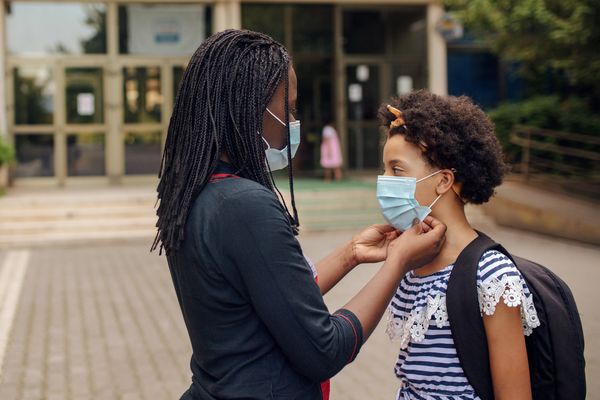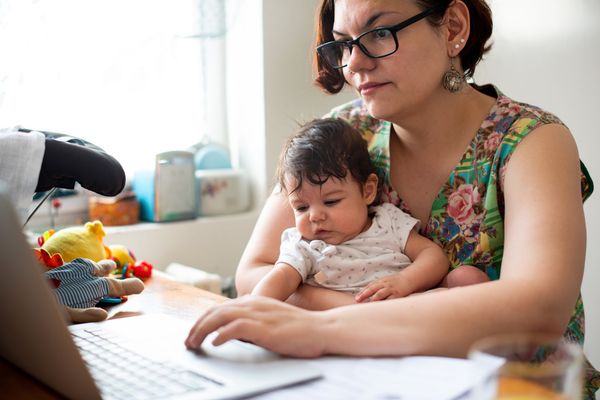Worry. Where does it get you? More worry. I think about that a lot lately. Mostly when I'm lying awake in the middle of the night worrying. Or when my sister and I are talking about our latest worries and realize we're starting to sound like our Nana.
Our Nana worried constantly. But she was also one of the most amazing, most loving, most beautiful women (inside and out) that I've ever known. So, maybe a little worry isn't bad.
How do I know when I've crossed that line to excessive, compulsive, destructive worrying?
My worry levels ramped up this summer. On July 2, my 17-year-old daughter was injured in an accident on her way to church camp. She was in a van full of kids, driven by an adult leader. The van stopped at a red light in a rural area around 6:30 one Saturday morning. A bus behind them failed to stop and plowed into the van at full speed.
As that anxious day wore on, we learned that my daughter had suffered a fractured skull and leakage of cerebral spinal fluid (CSF), causing a loss of hearing in one ear. Barring complications, doctors said she should heal completely, given time. Another girl sustained a gash in her head, a serious concussion and internal injuries. She, too, is expected to recover. The others in the van suffered some minor injuries.
The accident turned our summer upside down. We spent five days at the hospital with my daughter, trying to make sure she stayed still so the CSF fluid leak would seal. After her release, we cared for her as the pains subsided and she regained strength and energy. Since then, she has continued to heal, and I'm very grateful for that, but still I worry—both about her health and her future.
During July, she missed a soccer tournament where some college coaches were coming to see her play. Then she missed the two college soccer camps she'd planned to attend to try to secure her place on a team after she graduates high school next spring.
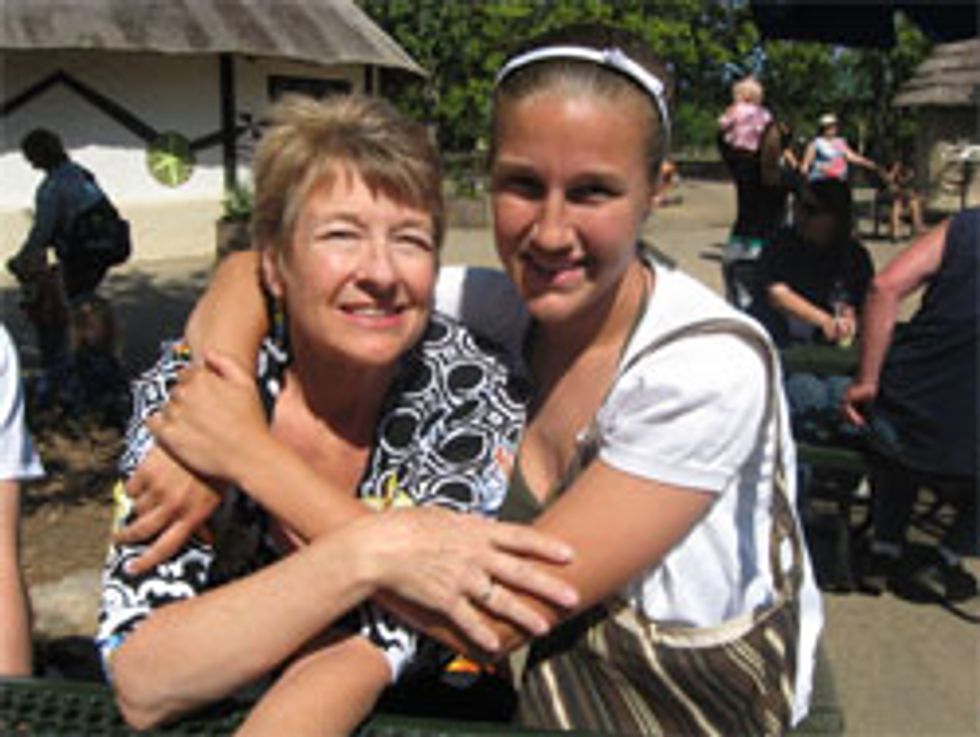
Yet, the accident made me reflect on the futility of worry. For years, I've worried that my two daughters would get injured playing soccer. After they got their driver's licenses, I worried that they'd have an accident. Or something would happen if I let them stay out too late.
None of those things happened. Fate happened—wrong place, wrong time.
So, is the lesson that worry doesn't help or that I should worry every time my family is out of my sight?
A number of studies say that too much worry can be bad for our health and our relationships, causing everything from heart disease to ruined relationships. A 2008 study from the University of Florida says that if your children know you worry about them, they may see it as an expression of love and care. But if that worry turns into intrusiveness or is perceived as a lack of confidence, your children may not appreciate it.
Research also tells us that spiritual practices can help keep worry in check. Data gathered in 2010 by the Gallup-Healthways Well-Being Index indicates that very religious Americans are less likely to experience negative emotions, such as worry. I turn to yoga during the day and prayer at night.
My Nana's worries let me know that she cared. She wanted to know when I reached my destination safely. She didn't want me doing things that might endanger my health. She wanted me to do well in school and get a good job. She wanted to watch me grow into the woman she knew I could become. And I loved her for it.
I hope my children understand that I love them—and that's why I worry.

Marcia and her daughters

